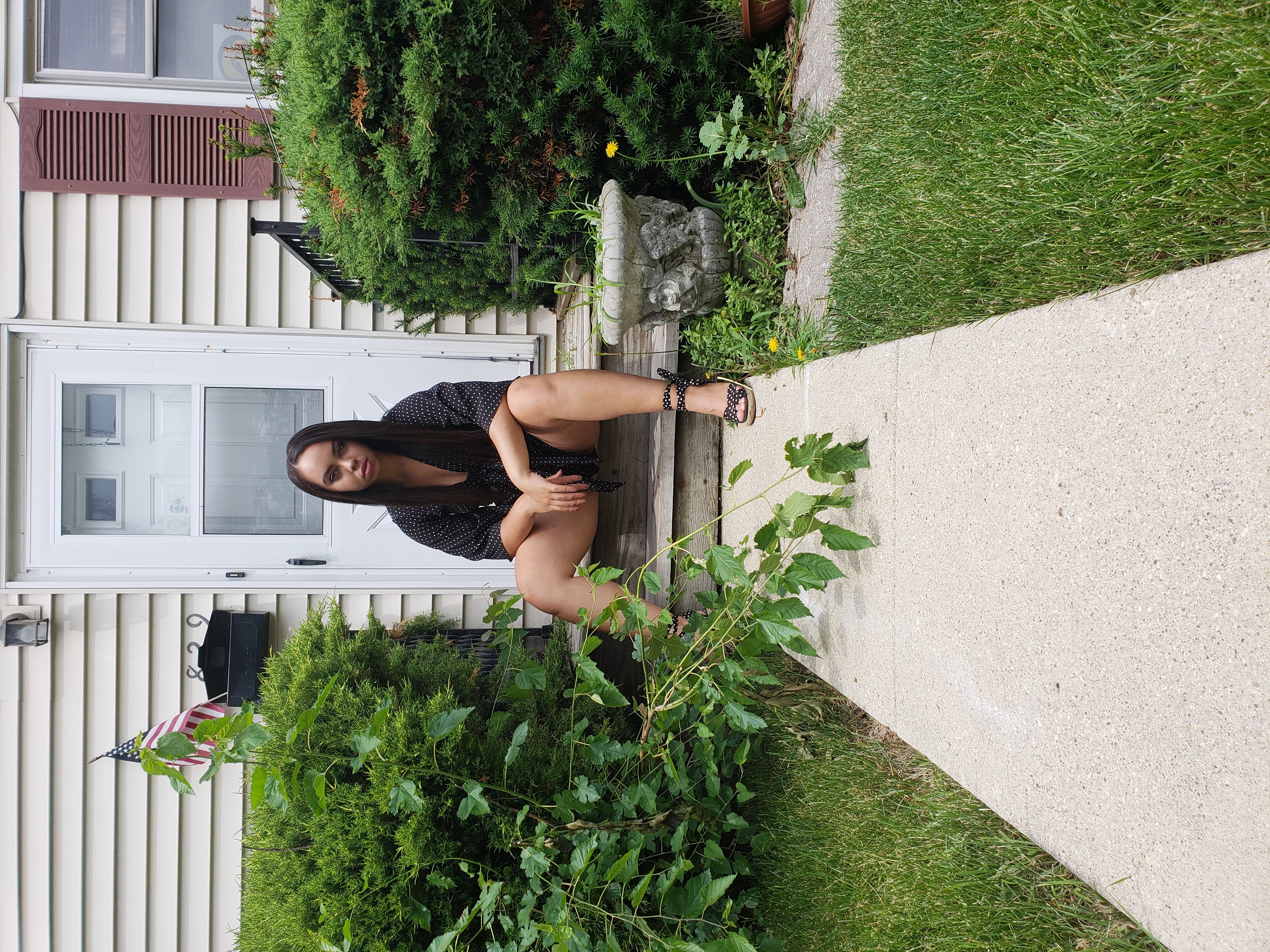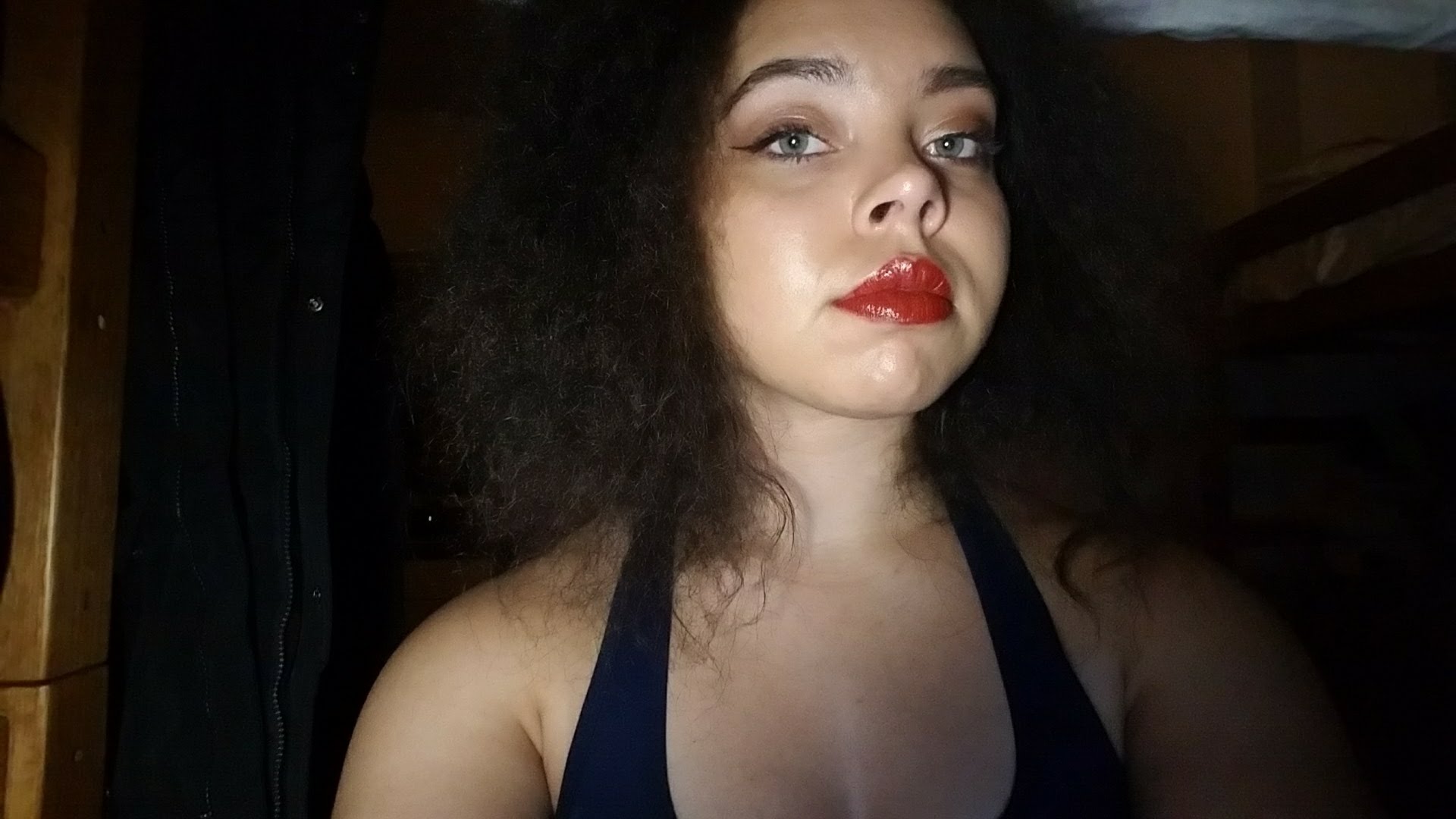As a woman of mixed color, I have been subjected to countless instances of fetishization, ogling and ostracization that have made me feel marginalized and uncomfortable in public spaces. In college, I have learned to grow as a person and embrace my cultural differences from the predominate white society that rules in the United States.
Coming to terms with my natural hair and the world of weaves, sew-ins, box braids, and wigs—among many more—was one of the first real epiphanies I experienced my freshman year of college in truly accepting myself for who I am in all my facets. It was an experience that inherently tied me to my mixed race culture and taught me what it means to identify with the black part of me as a woman.

Growing up in an extremely white, privileged town in Illinois, I was subjected to people’s endless ignorance regarding my hair. Most of it took place at my school, whether I was in the classroom, lunch or recess—in my early years as a colored child in a white world. In the fourth grade, I wore a ponytail piece to school for class pictures. One of my many identities is a black female, and so this piece was common in that realm of society. However, the white world didn’t think as much. When I was at recess, one of the supervisors pulled me aside and asked me if my hair was real. When I said it wasn’t, she asked me to take it off. When I asked why, she said “Young girls like you shouldn’t be so focused on fake looks.” That’s stuck with me for ten years now, and I’ve learned that her brash statement was nothing more than ignorance toward a culture she doesn’t quite understand.
From a young age, I’ve always been taught to make myself look presentable. My hair was of utmost importance. It was never to be frizzy or have a strand out of place. My hair at a young age defined me, as many other colored children are groomed to believe. It is simply a part of our culture. Just like you are taught to say please and thank you, black girls are taught to always make themselves look presentable. Your appearance and your hair is a reflection of your family. To disregard your hair’s styling and presentation is to dishonor your family.

In high school, I was susceptible to endless poking and fondling of my natural bun, because it was fluffy and resembled that of a bunny’s tail. To have a part of one’s body compared to an animal is a little dehumanizing, but I learned to cope with it and handle those people who felt they had the right to touch my hair without my permission. Consent is everything. I don’t mind talking about my hair or black hair culture, but I must be comfortable and willing to do so or there will be hell to pay.
Now, the reason I’m writing this is to show people that aren’t of color that it is okay to ask people about their hair culture. In fact, it’s preferable instead of ogling at my difference or making ignorant comments about it that actually have no foundation.
Approaching a person of color to ask them about their heritage or culture can be intimidating. However, if you know how to do it correctly by not acting like a privileged dick and actually showcasing genuine interest in aiming to eradicate your ignorance, you should be fine. VICE contributing writer Charlie Brinkhurst-Cuff highlights this as a mixed-race woman who has been consistently objectified because of her appearance.
“As humans, we are always searching for a way to identify, and things like race or skin tone serve as physical reminders of our ancestry and heritage,” Brinkhurst-Cuff writes. “But there are appropriate ways to talk with someone about their racial background, and then there are ways to come off like a clueless asshole.”
Now some people may feel uncomfortable if you outright approach them as a stranger and start asking questions about their hair. Honestly, it’s understandable. I don’t go up to a white person and ask them if they’re wearing extensions and why. That’s just plain ostracization. There is a time and place to ask your questions.
I wouldn’t encourage you to ask a person of color, who is a complete stranger, about their hair—making their acquaintance is key to establishing some kind of rapport. This can literally be some random conversation about the weather, or how their day went, or their outfit. Comfort is key. From there, you can move on by prefacing your inquiry, saying “I don’t want to come off as rude, but I find your hair really beautiful and [or] different. Is there a particular style or product you use?” From there, gauge if the person is willing to talk about their hair. After that, you can start asking some of the more personal and culturally deep questions about black culture and how it works. Be sure to state that these questions come from a place of genuine curiosity and wanting to get rid of your own ignorance.
So don’t be afraid to just ask someone about their hair. It shouldn’t be that big of a deal unless you’re being a dick.
By communicating with diverse people about their cultures, the ignorant wall between black and white begins to crumble, letting in a beautiful spectrum of grey.
https://www.instagram.com/p/BfPegongc8c/?utm_source=ig_web_copy_link

